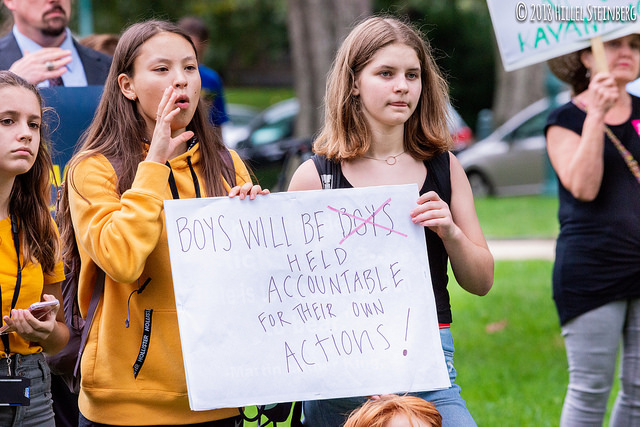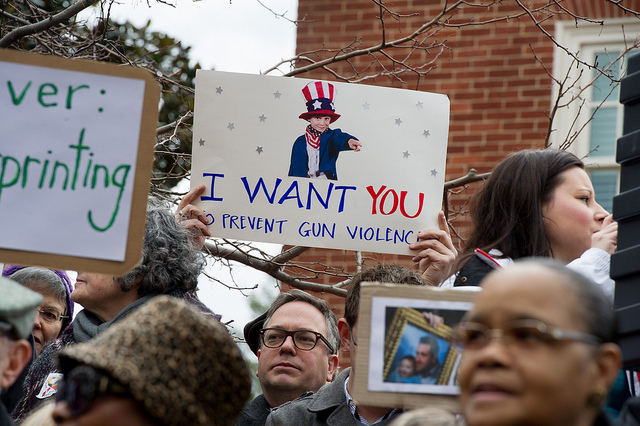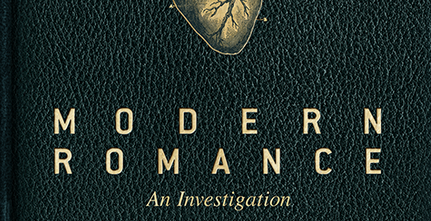
The recent Gillette ad questions the beliefs underlying the phrase “boys will be boys,” and challenges viewers to reconsider how young boys learn what it means to “be a man” in American society. The ad has since spurred controversy, and some observers have even claimed that masculinity is “under threat.” In a recent Vox article, Tristan Bridges describes how the ad reflects broader societal issues around masculinity, and explains why some men may view the ad as an attack on masculinity.
American masculinity tends to promote potentially harmful characteristics in men, like showing toughness instead of acknowledging emotions. Many men feel as though they must prove this masculinity to others. Bridges explains that when men feel that their masculine identity is threatened, they tend to overcompensate in aggressive ways. For example, Bridges mentions a study where men who were told they had traits categorized as more highly feminine were more likely to blame victims of sexual assault and defend perpetrators than those who did not get feedback that threatened their masculinity.
Bridges argues that the Gillette ad may be one of the only times men explicitly see beliefs about masculinity under scrutiny:
“Men are not used to having masculinity defined for them, and sometimes they don’t realize the little ways these really problematic stereotypes of masculinity can crop up in their own lives.”
According to Bridges, this traditional messaging of masculinity is harmful to boys’ emotional and mental health because they are taught to respond to threats rather than accept challenges and critically question their behaviors and mentalities around masculinity:
“We’re not very good at talking with men about how to be challenged and not feel like your gender is threatened…We now talk to boys about consent, but not how to “retain their dignity” in the face of rejection.”
This leads to boys dealing with frustrations around their masculinity by being aggressive or dominant; both are behaviors that can have serious repercussions, not just for themselves, but for the people around them.




 Trump received
Trump received 



